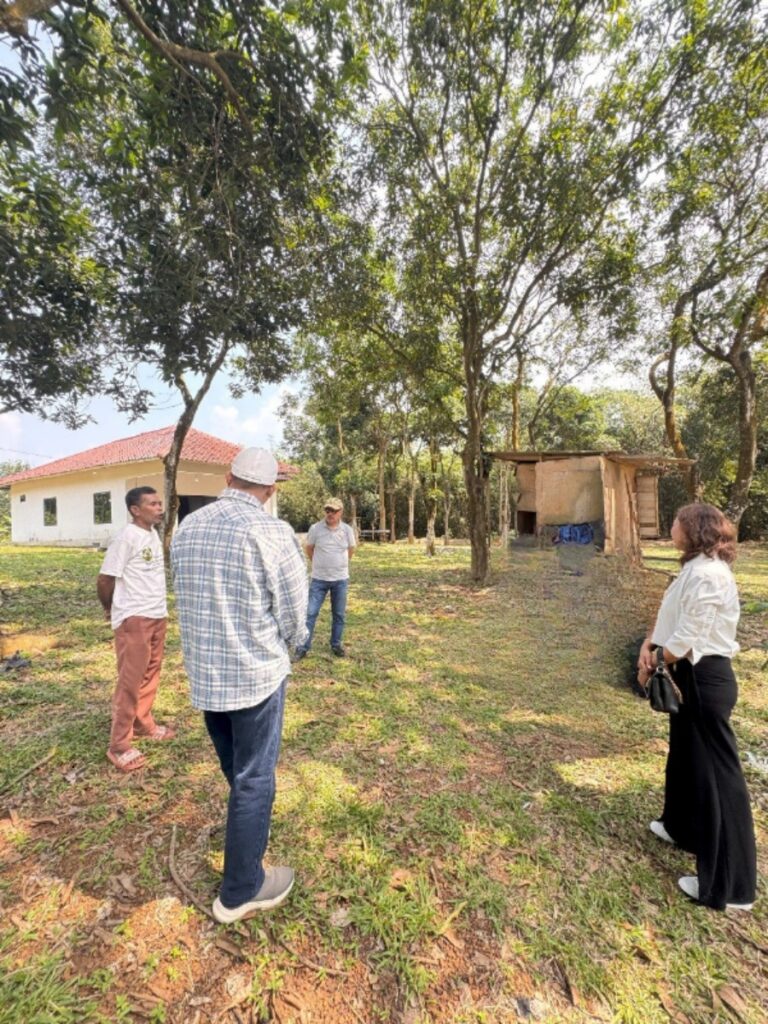As globalization accelerates, Indonesia has established itself as one of the most attractive destinations for international investors. With vast natural resources, a rapidly growing consumer market, a strategic geographic position, and ambitious infrastructure development, the opportunities are boundless. From manufacturing and renewable energy to digital industries, the country offers fertile ground for sustainable growth.
However, behind every opportunity lies a critical factor, which is navigating Indonesia’s legal and regulatory landscape. For investors, success does not rest solely on market potential but also on the ability to secure ownership rights, comply with regulations, and ensure long-term stability.
At the heart of this framework are the Investment Law and the Basic Agrarian Law (UUPA) No. 5 of 1960, which govern property ownership and business rights. For foreign investors, the primary entry vehicle is through a foreign investment company (PT PMA). While full land ownership rights (Hak Milik) are reserved for Indonesian citizens, PT PMA entities can obtain legal land rights such as:
- Hak Guna Bangunan (HGB) – granting the right to build and own structures for a fixed period.
- Hak Pakai – allowing the use of land for specific purposes.
- Hak Pengelolaan (HPL) – granting management rights over state land, often for large-scale projects.
These frameworks ensure that foreign investors can legally and securely conduct operations while safeguarding their long-term interests.

The Land Sale and Purchase Process in Indonesia
Buying and selling land in Indonesia is more than a financial transaction—it is a regulated legal process designed to protect both parties. To ensure a smooth transfer, the transaction typically follows several key stages:
1. Preparing the Required Documents
Preparation begins long before signing any contract. The seller must gather critical documents such as the original land certificate, proof of ownership, identification, marriage documents (if applicable), and proof of land tax payments. If the seller acts through an attorney, a power of attorney must also be included.
The buyer, on the other hand, prepares identity documents, family registration, marriage certificates, and a taxpayer identification number (NPWP). Both sides must also verify that the land is “clean”—meaning it is free from disputes, mortgages, and unpaid taxes. The certificate should be checked at the National Land Agency (BPN) to confirm its authenticity.
2. Reaching Agreement and Checking the Certificate
Once the price and terms are settled, the next crucial step for the buyer is to conduct due diligence by verifying the land certificate at the National Land Agency (BPN). This verification ensures that the seller is indeed the rightful owner and helps prevent potential disputes in the future—a safeguard no buyer should ever overlook.
In practice, however, the transfer of land ownership cannot always be carried out immediately. For instance, the land may still be tied up as collateral for a loan, awaiting subdivision of its certificate, or subject to other administrative processes. In such situations, the parties often enter into a Sale and Purchase Binding Agreement (Perjanjian Pengikatan Jual Beli or “PPJB”).
The PPJB serves as a legal commitment, binding the seller to transfer the ownership rights once the agreed conditions are met, and at the same time, it obligates the buyer to proceed with the purchase under the agreed terms. In essence, the PPJB provides security for both parties, ensuring that the transaction will move forward once all requirements are fulfilled.
3. Paying the Taxes
Before signing the deed, both parties must fulfill their tax obligations. The seller pays Income Tax (PPh) at 2.5% of the higher of the transaction value or government-assessed property value (“NJOP”). The buyer pays the Land and Building Acquisition Tax (“BPHTB”), which is 5% of the property value after deducting the non-taxable threshold (NPOPTKP), which varies by region.
4. Signing the Sale and Purchase Deed (AJB)
The transaction becomes legally binding with the signing of the Sale and Purchase Deed (Akta Jual Beli or “AJB”) before a Land Deed Official (“PPAT”). The PPAT reads the deed aloud, ensures both parties understand their obligations, and witnesses the signing by the seller, buyer, and witnesses. At this moment, the transfer of rights is formally recognized.
5. Registering the Transfer at the BPN
Within seven working days, the PPAT registers the transfer at the BPN. The land records are updated, and the buyer’s name replaces the seller’s in the certificate. This step usually takes around 14 working days.
6. Issuance of New Certificate
The final stage is the issuance of the new land certificate in the buyer’s name. With this document, the buyer officially becomes the lawful owner.
Understanding External Costs
Beyond taxes, buyers and sellers must also prepare for additional costs, including:
- PPAT Service Fees: Typically 0.5%–1% of the transaction value.
- BPN Registration Fees: Around 0.1%–0.3% of the land value.
- Certificate Verification: Usually between Rp 50,000–Rp 100,000 per certificate.
- Re-measurement Fees (if needed): Vary depending on land size and location.
- Notarial Fees: If drafting additional agreements.
- Bank Administration (if using KPR financing): Includes insurance, administration, and provision fees.
In practice, some costs (such as PPAT fees) may be shared between the buyer and seller. To avoid disputes, both parties should request a detailed, itemized breakdown of all expenses from the PPAT or notary in advance. Land sale and purchase process in Indonesia is not just a transaction—it is the foundation for long-term investment security. By ensuring compliance, transparency, and careful preparation, foreign investors can protect their rights and interests.
If you, a prospective client, have further inquiries about the topic discussed above, Schinder Law Firm is one of many corporate law firms in Indonesia that has handled numerous similar matters, with many experienced and professional corporate and civil lawyers in its arsenal, making it one of the top consulting firms in Indonesia. Feel free to contact us at info@schinderlawfirm.com for further consultation.
Author:
Budhi Satya Makmur